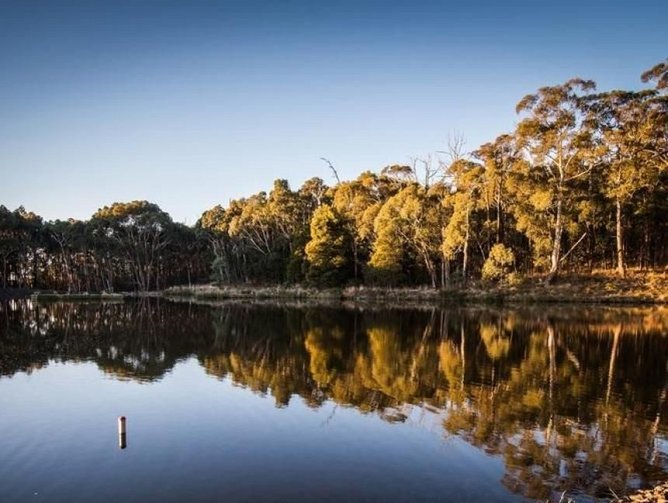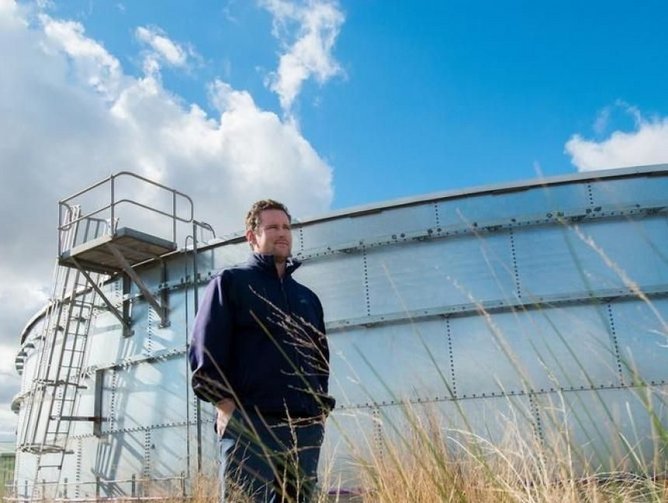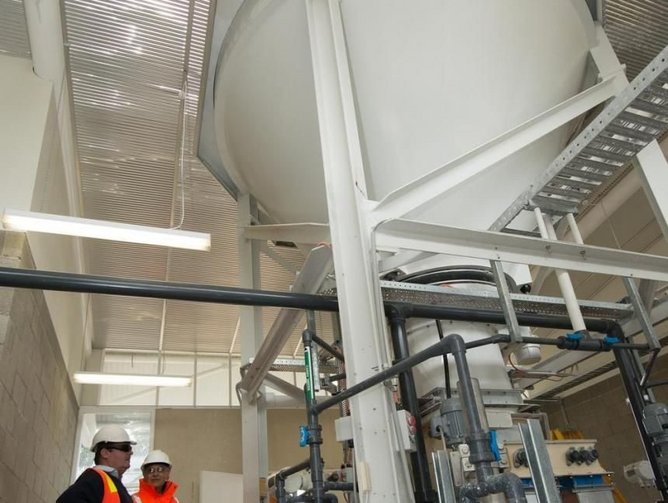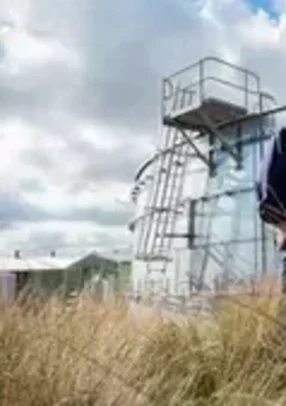Covering a huge growth corridor with clusters around Melton, Bacchus Marsh, Sunbury and the Macedon Ranges, Western Water is in one of the fastest growing regions of Victoria.
Providing water, recycled water and sewerage services to around 63,000 properties over an area of 3,000 square kilometres, it services a population of 163,400 – and recent forecasts indicate the region’s population will more than double over the next 20 years.
As a result, the water corporation’s primary focus over the next five years is delivering value to customers by optimising new and existing infrastructure to keep costs down. Big data, including moving to Microsoft Stack and the cloud, will play a role in delivering customer value.
This focus will support the organisation’s strategic intent - to engage with the community on the provision of water and sewer services to enable regional economic growth and resilience in a climate-changing environment.
Heading up the digital transformation is Chief Information Officer and business intelligence (BI) expert Peter Cassell, who joined Western Water in June 2016. With a varied resume – including a 21-year career in the Royal Australian Air Force and leading global business intelligence at Toyota and Treasury Wine Estates – this top gun certainly ain’t no maverick.
Focusing on "Delivering information anywhere, anytime, via any device”, Cassell says the company is predominantly looking at Cloud-based delivery.
“There are a couple of reasons for going down that path,” he says. “One is the reduction on the requirement to maintain in-house hardware. The other reason is that we have a lot of remote areas, so mobility to us, and delivery of mobile service is essential.
“We have a combination at the moment of ADSL and National Broadband Network (NBN) but that’s only beginning to roll out – in some areas, we still need to have our own radio communications.”
Cassell presented the digital strategy to the board in December 2016 and the first projects – the document and record management system and the business intelligence solution – kicked off in January.
“It's a very exciting time,” he says. “It's a bit like a blank canvas. We work on a five-year planning model, which is approved through the Essential Services Commission. The focus is very much on getting our systems online integrated, and making sure we're ready for the things that are going to happen to us in the future, and we have in place the infrastructure to cater for that.”
Taking a staged approach, he says they’re integrating with about nine core systems – and the business intelligence solution is about establishing a data warehouse and consolidated reporting and analytics that goes through a single portal to the organisation.
“We've established a number of principles,” he says. “Cloud first, so as to optimise our systems availability, mobility and flexibility. We look at configuration before customisation, so we maximise the use of technology that we've already purchased.
“We've moved to avoid manual processing through integration and automation. I often liken it to the comment, ‘If you build it, they will come’, from the movie Field of Dreams. We're adopting that as, ‘When they come, we will build it’ - our solutions will be predesigned to meet future needs and demand.”
The company also leverages synergies through strategic partnerships with vendors, other water corporations and Victorian Government agencies – a core one is building and retaining talent, “by giving our people opportunities for advancement and skill enhancement and job enrichment”.
Cassell says one of Western Water’s biggest successes of the past 12 months is formulating the five-year strategic view of where the company is heading in terms of IT support and capability, and how this will have flow-on benefits for customers.
A strong focus of this view is looking at a project from all points of view.
“I insist that when project managers are preparing a business case, they actually go and sit one-on-one with each member of the Executive Team and take them through it,” he says.
“Answer questions and resolve any issues before you take the business case in for approval.”
“I want the IT department to be known as the ‘Yes Department’,” he continues. “Yes, we can do that. Yes, we can fix that. Yes, we will make that happen. Anybody who has worked in IT understands how complex that can be – there’s often the temptation to say ‘no’ first, and then think about how to do it later. We're educating our people to say ‘yes’”.
As a result, Cassell says a main priority is looking in-house and offering staff the opportunity to step up.
“It gets back to understanding what it is your people want to do with their life?” he says. “To me, the worst thing to hear from an employee is, ‘The only way I can advance is to leave the company’. If I hear that, it means I've failed.
“I spend a lot of time talking to my people and working with them, making sure I understand what their current skills and abilities are – and not just on the technical side of it.
“One of the organisation’s values is ‘People’ and that is reflected in the culture we are trying to promote, where staff are valued for what they bring to the business.”
Cassell says the company’s culture of inclusion and excellence trickles from the top down, thanks to Managing Director Neil Brennan, the Board and the Executive Team.
“Having very strong support from your managers is also very important,” he says. “Neil's support is outstanding, and my general manager, Livia Bonazzi, totally ‘gets’ it. She understands the importance and wants to drive it, and that's critical for us.
“The board understands the need and the significance of managing our information. And at the end of the day, that's what it's all about – allowing us to deliver these services to our customers, and explain information for a number of reasons.
“One, we're to comply with legislation. We are a highly regulated business with stringent reporting and corporate governance obligations. Another is to allow us to make better decisions and to identify opportunities where we can benefit our customers.”
When it comes to challenges, Cassell says the huge population growth will be demanding, but he’s certain having a really strong information base and capability will allow Western Water to be in a position to not only deliver, but to be regarded as an industry leader and innovator.
“We're facing quite an interesting future in relation to water,” he says. “It's probably one of the only things that people actually, really need; without it, you can't survive. Very few people are in a situation where they can provide their own drinking water source and manage their own sewerage, so the services we provide are absolutely essential.
“The concept of having solar panels, where you make your own electricity and sell it back to the electricity companies, doesn't apply to us. So the demand for water as the area grows is going to be great, and our job is to meet that demand.
“So for us to understand not only what the demand for water and sewer services is going to be, but how we'll actually supply them. What sort of equipment are we going to need? How do we reduce the overall cost of an asset lifecycle? How are we going to provision that, what sizing do we need to have? Understanding where the population growth is. These are all things that come from the use of our information.”





